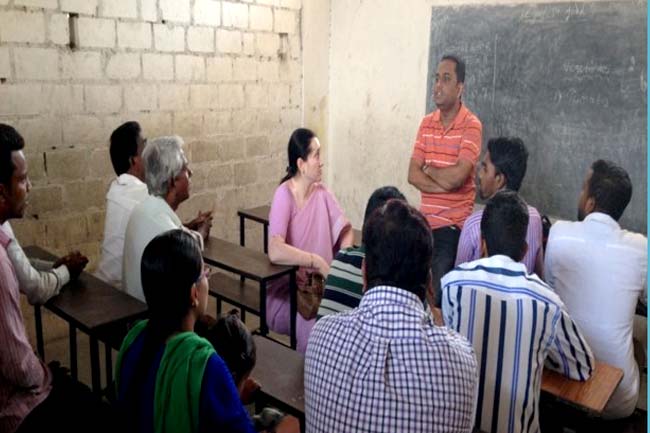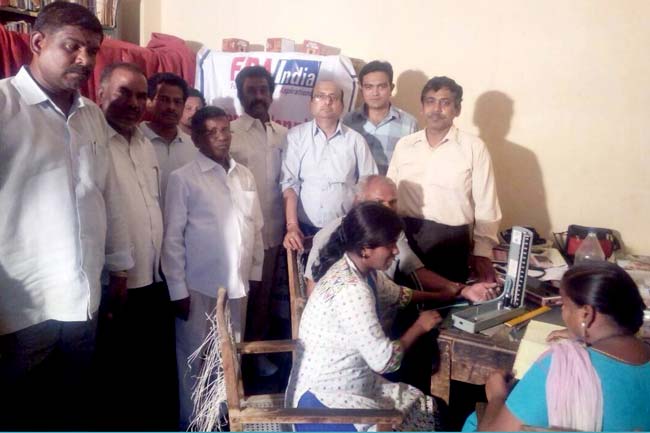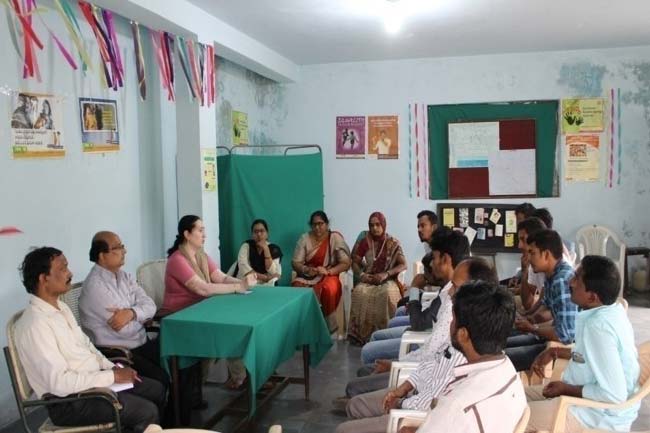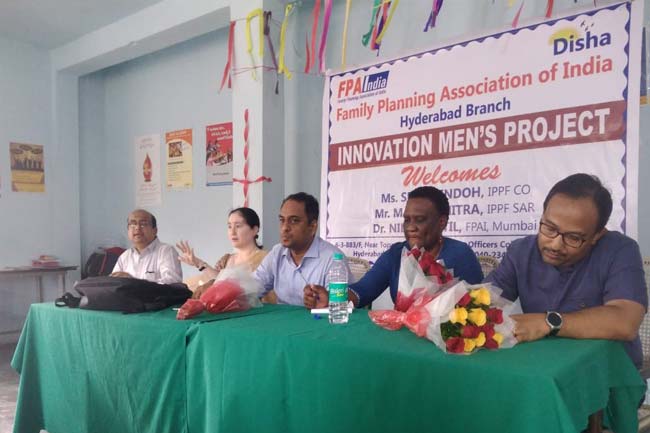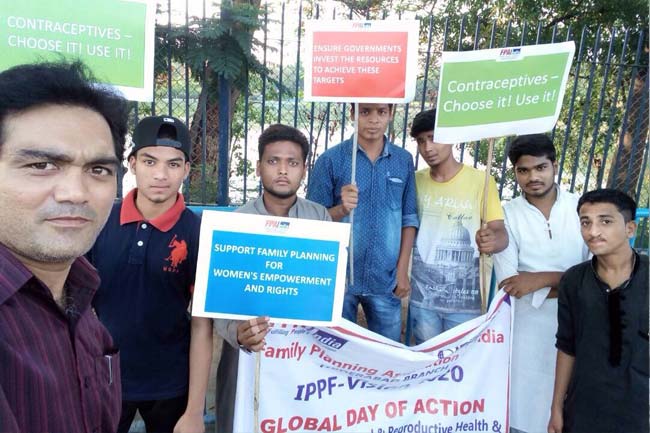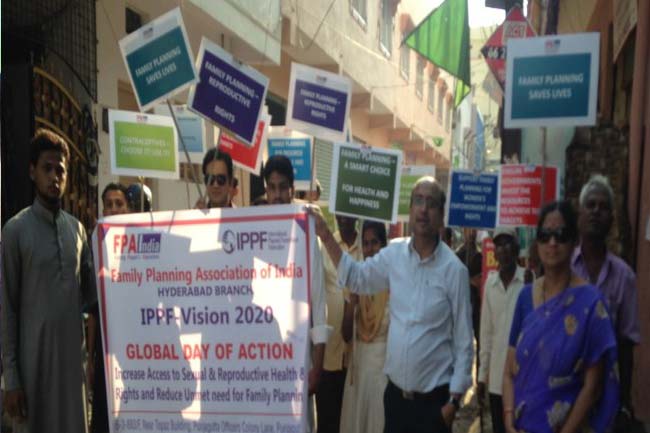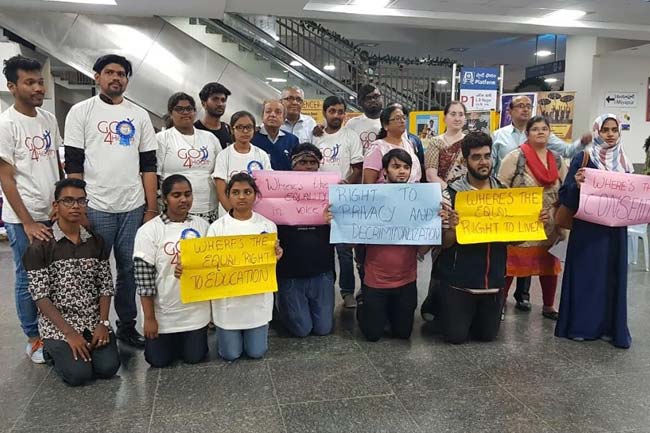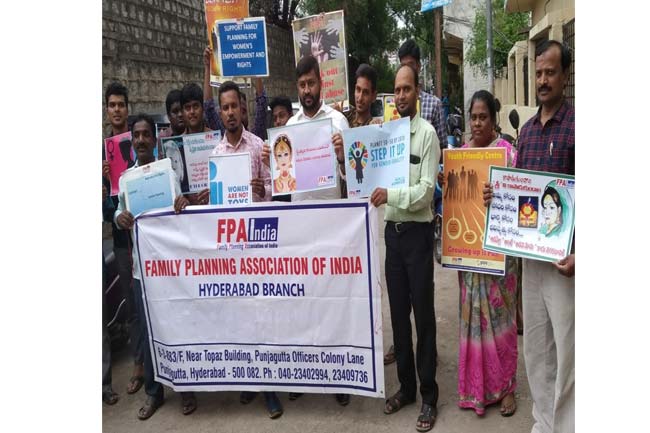Men's Innovation Project
Men have substantial sexual and reproductive health (SRH) needs such as services for contraception, prevention and treatment of HIV and other sexually transmitted infections, sexual dysfunction, infertility and male cancers. Yet these SRH needs are often unmet due to a combination of factors, which include lack of service availability, poor health-seeking behaviour among men and SRH facilities often not being seen as 'male-friendly spaces'.
There is a need for equal and shared responsibility to be taken by men and women in all areas of sexual and reproductive health. This requires working at different levels with varying partners to address the norms that undermine access and perpetuate gender inequality.
Project goal and objectives
Goal: A gender-just and free environment for men and women to realise their sexual and reproductive health and rights (SRHR).
Objectives
- To promote gender equality, through engaging men and boys (engaging).
- To strengthen male participation in SRHR of women partner and self (empowering).
- To address SRH concerns of men and to increase uptake of services for male SRH (enabling).
Project model
High-quality male -friendly SRH services are provided in BS Maktha, MS Maktha and Raj Nagar regions of Hyderabad.
The services include:
- Information and counselling.
- Couple counselling.
- Syndromic management of sexually transmitted infections.
- Family planning for men — condoms and vasectomy.
- Management of dysfunctions and disorders of the male reproductive system.
- Urological services.
- Counselling men in postpartum and newborn care and support.
- HIV and AIDS counselling.
- Counselling men on sexual and gender-based violence.
Successful strategies
1. Young men and boys (18-35 years old) from the community are sensitised and further trained on SRH and family planning concepts, male involvement, gender, etc using a training manual.
2. By fostering men’s role in maternal and child healthcare, abortion-seeking behaviour, post-abortion care and uptake of family planning (FP) methods. This is facilitated by private medical practitioners (PMPs) after training from FPA India.
3. Barbers display posters at their shops giving messages about gender equality, FP, gender-based violence, etc. They talk to their clients and refer them to reproductive health and family planning clinic (RHFPCs). However, they cannot completely replace the role of PMPs, but are useful resources.
4. Outreach delivery service through mobile clinical team through evening clinics and fixed-day sessions in the community. Special service sessions conducted exclusively for male clients of all age groups on dedicated days and time slots.
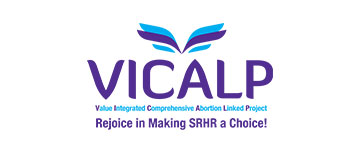

Models of Programming for Sexual and Reproductive Health Care developed under VICALP
Scroll down
